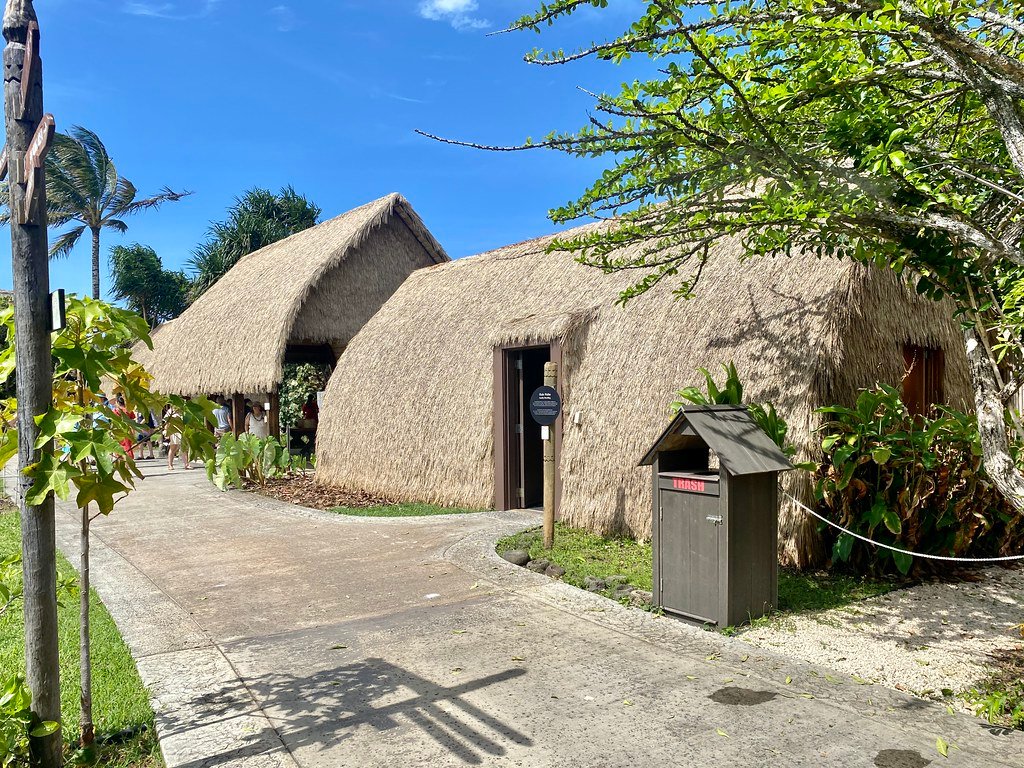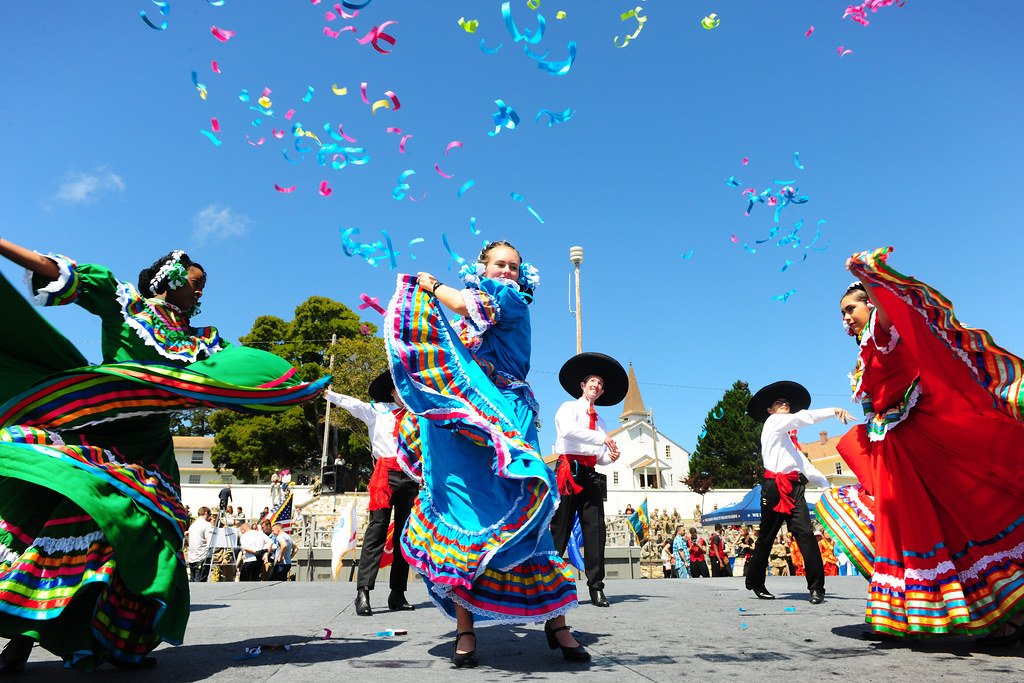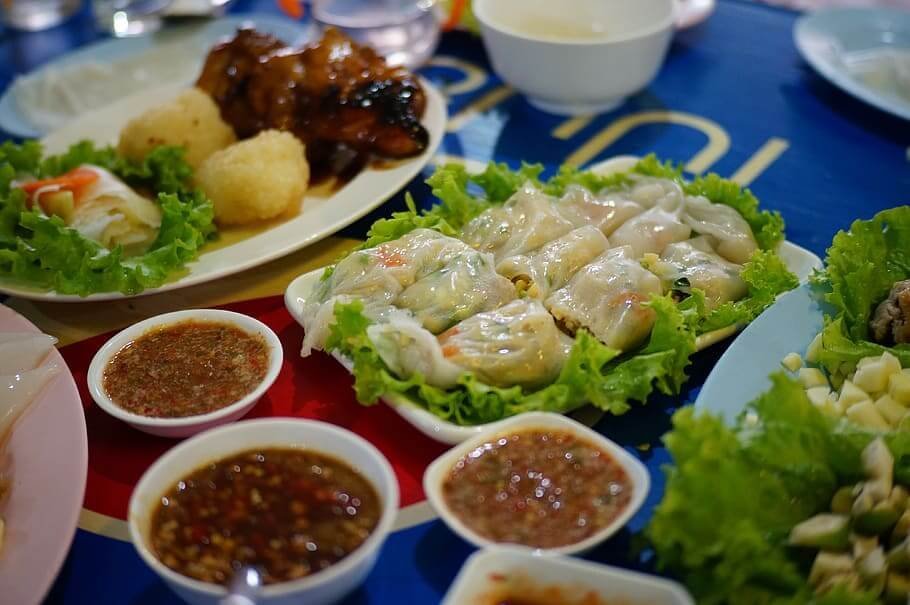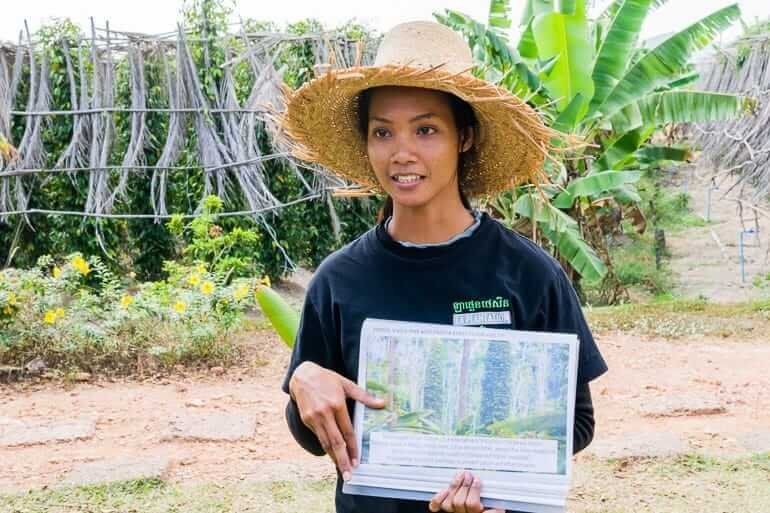Cultural Immersion: Truly Experience Local Life while traveling

Traveling is often seen as a way to escape the routine of daily life, but true enrichment comes from cultural immersion—an opportunity to truly experience local life. By going beyond typical sightseeing, travelers can embark on a journey that embraces new cultures and fosters a deeper understanding of local customs. Immersive experiences, such as participating in a cooking class or learning phrases in the local language, allow visitors to interact meaningfully with local people and become part of a community. These authentic local experiences not only enhance your travel experience but also provide insight into the heart of local culture. Whether it’s sharing stories over a meal or exploring hidden gems off the beaten path, cultural immersion requires an open mind and a willingness to engage with the world around you. Discover how to enrich your travels by truly immersing yourself in the vibrant tapestry of local life.
What are Cultural Immersion and Local Experiences?

Cultural immersion and local experiences refer to activities and interactions that allow travelers to gain a deeper understanding and appreciation of the local culture and way of life.
This can include staying in locally-owned accommodations, participating in cultural events and activities, trying local food and drink, and learning about local customs and traditions.
The Importance of Cultural Immersion in Travel
Cultural immersion travel is important in travel for several reasons.
Firstly, it allows travelers to gain a better understanding and appreciation of different cultures and ways of life.
By experiencing local customs and traditions firsthand, travelers can gain insights into the local way of life that they would not have otherwise.
Secondly, cultural immersion can enrich travel experiences and memories.
Rather than just seeing the sights, cultural immersion experiences can create lasting memories that stay with travelers long after they return home.
Finally, cultural immersion can have a positive impact on local communities.
By participating in local activities and supporting locally-owned businesses, travelers can contribute to the local economy and help preserve local traditions and cultures.
How to Achieve Cultural Immersion
Achieving cultural immersion and local experiences requires some effort and research, but the rewards are well worth it.
Here are some tips on how to achieve cultural immersion in your travels, focusing on local businesses and authentic experiences.
Learn about local customs and traditions

Before traveling to a new destination, take some time to research the local customs and traditions. This can include learning about the local dress code, religious practices, and social norms.
By understanding these aspects of the local culture, travelers can avoid unintentionally offending locals and show respect for their way of life.
Participate in local activities and events
One of the best ways to achieve cultural immersion is to participate in local activities and events. This can include attending festivals and cultural events, taking part in local workshops and classes, and visiting local markets and fairs.
By participating in these activities, travelers can gain a better understanding of the local culture and meet locals who share their interests.
Try local food and drink
Food and drink are an integral part of any culture, and trying local cuisine through a local cooking class is a great way to experience the local way of life.
Rather than sticking to familiar chain restaurants and fast food, seek out locally-owned restaurants and street food vendors to try the local specialties. This can be a fun and delicious way to immerse yourself in the local culture.

Stay in locally owned-accommodations
Staying in locally-owned accommodations, such as bed and breakfasts or homestays, is another great way to achieve cultural immersion.
By staying with locals, travelers can learn about the local way of life and get insider tips on the best places to visit and things to do.
This can also be a more affordable and authentic alternative to staying in chain hotels.
Learn basic phrases in the local language
Learning a few basic phrases in the local language can go a long way in creating meaningful connections with locals. Even if you only know a few words, locals will appreciate the effort and may be more open to engaging with you.
This can be as simple as learning how to say “hello,” “thank you,” and “goodbye.”
Examples of Cultural Immersion and Local Experiences
There are many different ways to achieve cultural immersion and local experiences, depending on your interests and travel style. Here are some examples of cultural immersion experiences to consider:
Homestays and Home-Sharing
Homestay and home-sharing are becoming increasingly popular options for travelers who want to experience true cultural immersion firsthand.
With homestays, travelers stay with a local family in their home and share meals and activities with them.
Home-sharing platforms like Airbnb also offer a range of unique and authentic accommodations, from traditional apartments to unique spaces like yurts and treehouses.
By staying with locals, travelers can gain insights into the local way of life and get personalized recommendations on the best things to see and do in the area.
Guided Tours by Locals

Guided tours by locals are another great way to experience the local culture and get insider tips on the best places to visit.
Local guides can offer a unique perspective on the area and share their knowledge and expertise with travelers.
There are many different types of guided tours to choose from, including walking tours, food tours, and cultural tours.
Cooking Classes and Food Tours
Cooking classes and food tours are a fun and delicious way to experience the local cuisine and learn about the local culture.
These experiences can range from hands-on cooking classes with local chefs to guided tours of local markets and food stalls.
By learning about the local ingredients and cooking techniques, travelers can gain a deeper appreciation of the local cuisine and take home some new recipes to try.
Festivals and Cultural Events
Attending festivals and cultural events is a great way to experience the local culture and connect with locals. From music festivals to religious ceremonies, there are many different types of events to choose from.
These events offer a unique opportunity to see the local traditions and customs in action and can be a fun and memorable experience for travelers.
Cultural Workshops and Classes
Cultural workshops and classes offer travelers the chance to learn about the local crafts and traditions firsthand. Cultural workshops and classes offer travelers the chance to learn about the local crafts and traditions firsthand.
These experiences can range from pottery workshops to traditional dance classes to language lessons, all contributing to a cultural immersion trip.
By learning about the local culture in this way, travelers can gain a deeper understanding and appreciation of the local way of life.
Benefits of Cultural Immersion
Cultural immersion and local experiences offer many benefits for both travelers and locals. Here are some of the key benefits:

Increased understanding and appreciation of different cultures
By experiencing local customs and traditions firsthand, travelers can gain a better understanding and appreciation of different cultures and ways of life.
This can lead to increased empathy and understanding of different perspectives.
Enriched travel experiences and memories
Cultural immersion experiences can create lasting memories and enrich travel experiences.
By participating in local activities and events, travelers can create unique and meaningful connections with locals and take home memories that will last a lifetime.
Positive impact on local communities
By supporting locally-owned businesses and participating in local activities, travelers can contribute to the local economy and help preserve local traditions and cultures.
This can lead to increased empathy and understanding of different perspectives through the art of cultural immersion.
Personal growth and self-discovery
Cultural immersion experiences can also lead to personal growth and self-discovery. By stepping out of their comfort zone and experiencing new cultures, travelers can learn more about themselves and their own values and beliefs.
Conclusion
Cultural immersion and local experiences offer a unique and meaningful way to travel.
By participating in local activities and embracing cultural connections with locals, travelers can gain a deeper understanding and appreciation of the local culture and way of life.
Whether it’s staying in a homestay, taking a cooking class, or attending a festival, there are many different ways to achieve cultural immersion in your travels.
So next time you plan a trip, consider adding some cultural immersion experiences to your itinerary—you won’t regret embracing cultural connections!
FAQs
What are the benefits of cultural immersion for travelers?
Cultural immersion allows travelers to gain a deeper understanding of the destination they’re visiting and the aspects of cultural immersion that define it.
It helps them appreciate aspects of cultural immersion, including local customs, traditions, and ways of life, making travel more meaningful and enriching.
This approach often fosters respect for cultural differences and can lead to memorable connections with locals.
How can I find authentic local experiences while traveling?
To find authentic local experiences, try exploring neighborhoods outside tourist hotspots, attending local festivals, and visiting markets.
Engaging with locals for recommendations on places to eat, shop, and explore can also reveal hidden gems.
Platforms like Airbnb Experiences and Withlocals offer curated activities led by residents, enhancing the true cultural immersion experience.
What are some ways to interact with locals during my travels?
Interacting with locals can be as simple as joining community events, dining at family-owned restaurants, or booking tours led by local guides. Taking language or cooking classes in the destination, staying in homestays, and participating in volunteer programs are also great ways to connect with people from the area.
Are there specific regions or countries known for their cultural immersion opportunities?
Many countries offer rich cultural immersion experiences, including Japan for its unique blend of tradition and modernity, India for its vibrant festivals and rituals, and Italy for its strong regional customs and culinary traditions. Countries in Latin America, such as Peru and Mexico, are also known for immersive cultural experiences involving ancient heritage and local craftsmanship.
How does cultural immersion enhance my understanding of a new place?
Cultural immersion allows travelers to see beyond surface-level attractions and engage with the deeper nuances of a place, such as its history, values, and challenges. It offers a perspective on how locals live, work, and celebrate, enhancing your appreciation and understanding of their culture.
What precautions should I take when engaging in cultural experiences?
When engaging in cultural experiences, be respectful and avoid behavior that may offend local customs. Dress appropriately, especially in religious or traditional spaces, and always ask for permission before taking photos of people or sacred sites. Understanding basic phrases in the local language and researching customs can also prevent misunderstandings.
How can technology aid in finding local experiences while traveling?
Technology can help travelers find authentic experiences by providing easy access to apps like Airbnb Experiences, Meetup, and EatWith, which connect tourists with locals offering unique activities. Social media platforms and travel forums are also valuable for finding insider tips and recommendations directly from residents or fellow travelers.
What role does language play in cultural immersion?
Language is a powerful tool for cultural immersion. Even knowing basic phrases can open doors to deeper connections with locals and shows respect for their culture. Language helps travelers understand local expressions, jokes, and nuances, making interactions more genuine and enriching.
How can cultural immersion impact my personal growth and worldview?
Cultural immersion often broadens travelers’ perspectives, helping them become more adaptable, empathetic, and open-minded.
Experiencing diverse ways of life can challenge preconceptions and foster a greater appreciation for cultural diversity, ultimately influencing one’s values, communication style, and worldview.
What are some examples of cultural immersion activities?
Cultural immersion activities, such as local cooking classes, include homestays, traditional cooking classes, language exchanges, art or music workshops, volunteering, and attending local festivals or religious ceremonies.
These experiences provide hands-on engagement with local traditions, offering insights into the day-to-day lives of people in the community.



